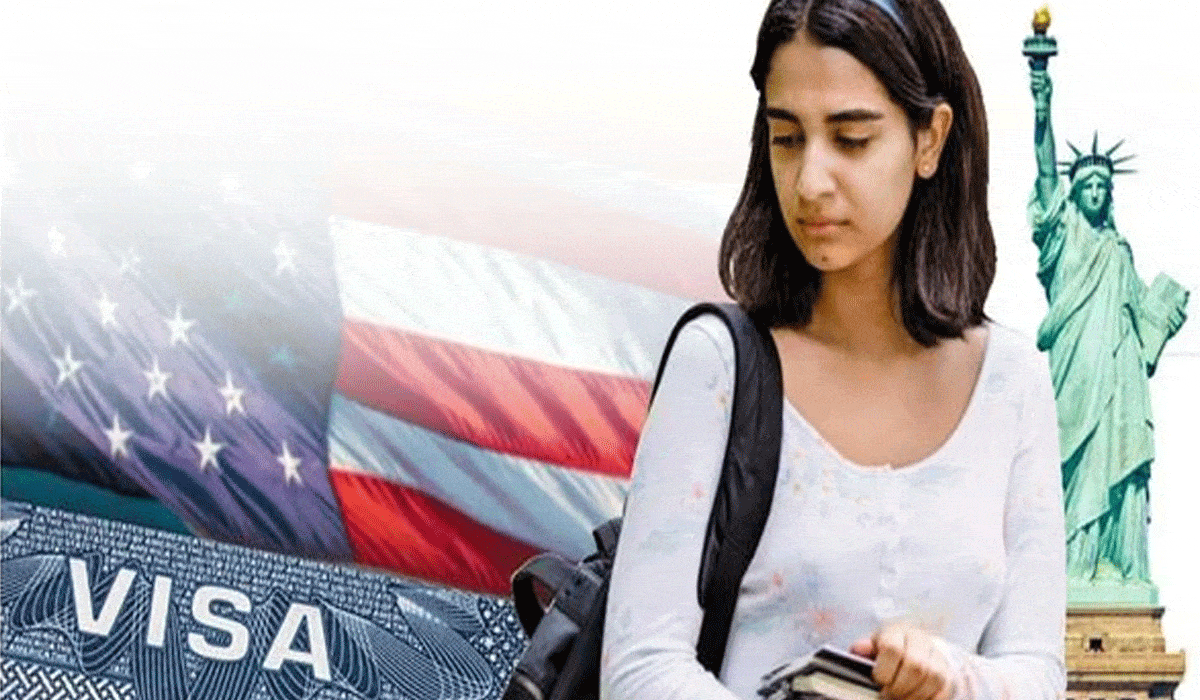U.S. Strengthens F-1 Visa Policy: No First-Year Course or University Switches by Indian students.
The U.S. Department of Homeland Security suggests new F-1 visa limitations, which do not allow course or college transfers during the first year and which replace the concept of duration of status with fixed admission periods-which may upset the academic flexibility of Indian students.

The U.S. Department of Homeland Security (DHS) has proposed a blanket measure that would drastically restrict academic changes to international students, and particularly to Indian students who want to study in the United States.
Table of Contents
The new rule would not allow F-1 visa students, particularly undergraduates, to switch their course of study, major, or even change college within the first year of study. The only exceptions would be institutional closure or substantial disruption, which would require special permission under the Student and Exchange Visitor Program (SEVP).
Fixed Visa Duration Replaces “Duration of Status”
The other significant reform is aimed at the old system of duration of status, according to which students were allowed to stay in the U.S. as long as they did not violate the visa requirements. DHS is now suggesting that this be substituted with a fixed term admission, which may be limited to four years. Once the fixed period is completed, students would be required to seek extensions formally with the U.S. Citizenship and Immigration Services (USCIS).
Impacts on Indian Students and Institutions
These suggested limitations have a number of implications:
Lack of flexibility: Students can no longer be able to adjust their academic course based on their personal interests or academic achievement. These restrictions may particularly be harmful to Indian students, who constitute one of the largest foreign populations in American colleges.
Structural issues: The new rule seems to ban any change of program once a graduate student has joined, which can be an even more rigid regime.
Bureaucratic burden: The increased time periods and stricter transfer rules mean more paperwork, potential delays and additional costs, both to the students and the schools.
Institutional issues: Universities are worried that such regulations will scare away international applications, decrease diversity on campus, and add uncertainty to enrollment planning.
Policy Rationale and Pushback
DHS justifies the proposed changes as necessary to deter visa abuse, increase oversight, and harmonize F, J, and I visa admissions with typical nonimmigrant categories. However, educational associations and immigration advocates have already issued a very sharp criticism of these reforms. They warn that this would make U.S. universities less appealing to the world and disrupt the process of research and student welfare.
What’s Next?
The proposal is in the public comment stage and the feedback deadline is September 29, 2025. The speed with which these rules can be completed–and whether they will be disputed by universities or nations–is yet to be determined.
In the meantime, Indian students who want to be accepted to U.S. institutions should be particularly attentive to these developments and reconsider their long-term academic strategies within the framework of potentially restricted flexibility.

